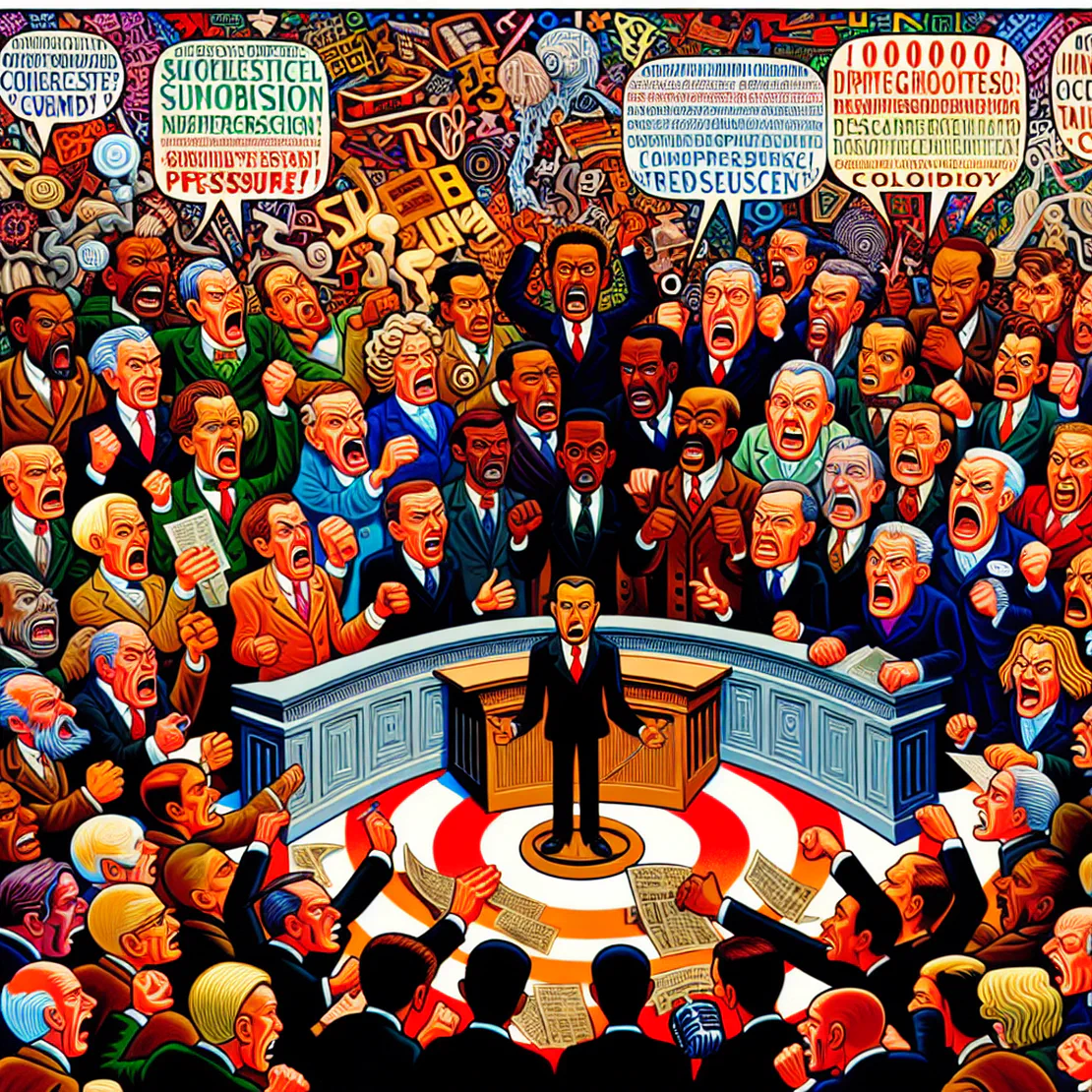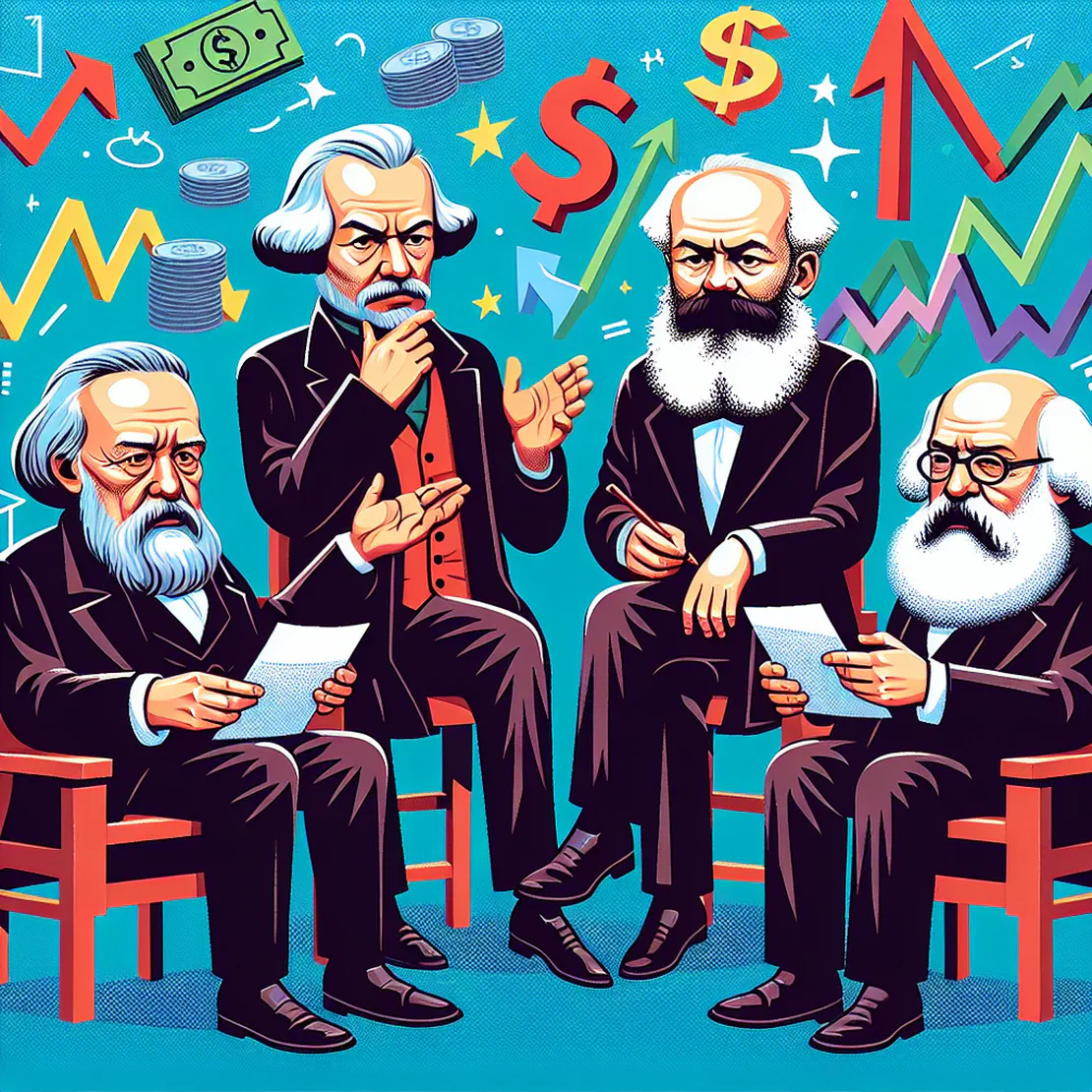
How to Win People Over
- Hidden Brain
- Influence , Psychology
- October 14, 2024
Table of Contents
At a Glance
-
Community Support After Loss - ‘People have, you know, families come into town and families left, people have to get back to their jobs, people have to get back to their normal life, and so things kind of drop off.’ This highlights the transient nature of community support during personal crises, emphasizing the challenge of enduring grief when initial support wanes.
-
Innovative Support System - ‘Carla came up with this idea that maybe she could set up a calendar of sorts that would assign people a particular day.’ It’s an innovative approach to providing consistent and prolonged support, illustrating community creativity in addressing prolonged grief.
-
Grief and Social Awkwardness - ‘I would see someone the distance they would know me and they would literally turn around and walk the other direction because they were so uncomfortable.’ This point underscores the social challenges and isolation faced by those grieving, highlighting the often unspoken social stigma around death and loss.
-
Gratitude for Support - ‘I love that Carla did this, and it was a way that she was able to use her unique gifts to help other people love on me.’ Molly expresses deep gratitude for her friend’s thoughtful support system, emphasizing the impact of tailored, personal aid during hard times.
-
Humor in Political Ambition - ‘I was well prepared to step in, in the event of the untimely death of our president.’ Used in a high school election speech, this showcases how humor can be employed to lighten serious topics, even in less appropriate contexts like a school election.
-
Self-Promotion and Humility - ‘I went to Stanford and then I immediately just went into downplaying it. Well, not really, you know, I just, I applied on a whim.’ This reflects the common human behavior of downplaying one’s achievements to appear humble or relatable, highlighting the social complexities of sharing personal success.
-
Strategy for Assertiveness and Warmth - ‘Helping another person is definitely a warm act, it’s a giving act, it’s in service to somebody else.’ Allison Fragale discusses strategies for balancing assertiveness with warmth in social interactions, providing insights into effective interpersonal communication.
-
Humor Bragging - ‘I have a proven track record of turning caffeine input into productivity output. More coffee you can provide the more output I will produce.’ This example from a job application cleverly combines self-promotion with humor, illustrating an effective strategy to enhance likeability and memorability in professional contexts.
What to Do
-
‘Seek Genuine Commonalities’ - ‘Finding real points of connection with others can build rapport and influence positively, making interactions more meaningful and effective.’
-
‘Offer Help to Showcase Competence and Warmth’ - ‘Helping others not only demonstrates warmth and generosity but, when it showcases unique abilities, can also assert competence and increase respect.’
-
‘Brag with Humor’ - ‘Using humor when promoting oneself can help maintain warmth and likability while still highlighting personal achievements and competencies.’
-
‘Promote Others Alongside Yourself’ - ‘Acknowledging the contributions of others while self-promoting can prevent perceptions of arrogance and enhance warmth.’
-
‘Respond to Praise Appropriately’ - ‘Handling praise gracefully can reinforce positive attributes without coming across as boastful.’
-
‘Maintain Authenticity’ - ‘Being true to oneself while adapting behaviors slightly can help in being perceived positively without feeling inauthentic.’
-
‘Understand the Importance of Status’ - ‘Recognizing that status and respect from others can influence personal and professional relationships can lead to more intentional and strategic interactions.’
-
‘Be Aware of How Information is Conveyed’ - ‘Understanding that the way information about oneself is shared can influence others’ perceptions critically affects personal and professional dynamics.’
-
‘Utilize Strategic Similarity’ - ‘Identifying and emphasizing similarities in professional settings can help overcome initial biases and build connections.’
-
‘Acknowledge Unfair Realities’ - ‘Recognizing that certain strategies may be necessary to counteract bias and that leveraging these strategies is not an endorsement of the status quo but a means to navigate it effectively.’
What to Get
Summary
In this episode of Hidden Brain, hosted by Shankar Vedantam, the focus is on the psychology of influence and the social dynamics that affect how we are perceived by others. The episode features organizational psychologist Allison Fragale, who offers insights into how individuals can manage and improve the way they are viewed by others in various social contexts.
The discussion begins with an exploration of everyday scenarios—like job interviews and social interactions—where people naturally try to present themselves in the best light to gain favor or opportunities. For instance, wearing a nice outfit to a job interview or making small talk with a neighbor are typical ways people try to influence others’ perceptions positively.
Allison Fragale shares personal anecdotes, such as her experiences running for student council in high school, to illustrate the real-world impacts of these dynamics. Despite her efforts and humorous speeches, she faced unexpected election losses, highlighting the unpredictable nature of social influence and public opinion.
The conversation also delves into the discomfort some people feel about their achievements, as Fragale discusses her reluctance to disclose her educational background from prestigious institutions like Dartmouth College and Stanford. This segment of the episode illuminates the complexities of social interactions where personal achievements might be perceived as bragging or could create social barriers.
A particularly striking part of the discussion is Fragale’s perspective on handling questions about ambitions, as illustrated by Stacey Abrams’ response in a televised interview about her presidential aspirations. Abrams’ approach—assertive yet warm—demonstrates a balanced way of embracing ambition while remaining relatable and considerate of her role as a public figure and role model.
Overall, this episode of Hidden Brain not only provides a deeper understanding of the mechanics behind social influence and perception but also offers practical advice for navigating these challenges effectively. Whether it’s through humor, strategic self-disclosure, or balancing warmth and assertiveness, the insights shared by Fragale encourage listeners to think critically about how they present themselves and interact with others in their personal and professional lives.


